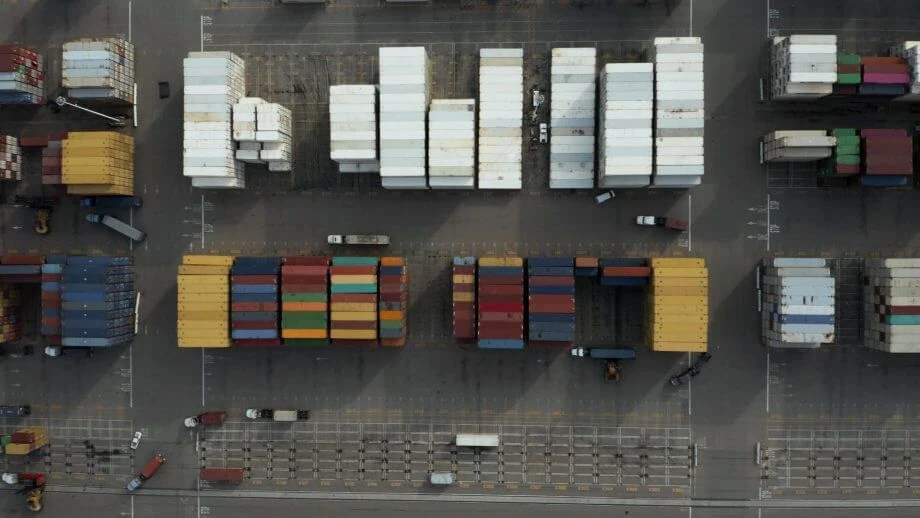
Digitalization in ocean shipping is revolutionizing how we move cargo. From increasing shareholder value to reducing the time needed to ship freight between importers and exporters internationally, we at BlueX understand the value of digital transformation.
The issue of electronic documents in the ocean shipping industry is something we at BlueX have always aimed to simplify in the world of freight.
Digital documentation is the process of digitally sending and receiving documents that would normally be in paper form, sent via the mail or fax.
While digital documentation in ocean freight can be viewed as being quite a fundamental adoption in other industries, this form of digital transformation has yet to be fully integrated by all shippers, freight forwarders, and carriers. This is despite EDI (Electronic Data Interchange) being available since the 1970s and offering numerous benefits.
As such, there is still a desire for many in the industry to continue to use paper documents despite the benefits of digital documents.
Paper vs. Digital Documents in Ocean Shipping
Digital documents have a great many advantages that paper simply cannot match, and according to Platinum Copier Solutions, some benefits of these digitalized documents include:
- Easier and controlled access
- Easily searchable in databases
- Easier to edit
- Cost-effectiveness
- Environmentally friendly
- Not requiring physical storage
However, despite digital documents having a clear advantage, paper documents are often required by law or for convenience to be used for administrative purposes or to be stored.
There is an incredible amount of documents needed to ship ocean freight. Even shipping industry veterans get confused and headaches from organizing and sending the necessary documentation. Some of the most common documents needed to ship ocean cargo include but are not limited to:
- Bill of Lading
- Verified Gross Mass
- Packing List
- Shipper’s Letter of Instruction
- Delivery Order
- Commercial Invoice
- Import Licenses
- Purchase Order
- Letter of Credit
- Insurance Certificate
- Dangerous Goods Forms (MSDS)
- Customs Documents
While documents like the bill of lading can be digitalized, it may not always be possible to digitalize all forms and documentation in shipping.
Why?
There isn’t an international standard for the digitalization of documents in shipping. Laws and regulatory frameworks in different countries and regions make it difficult to utilize digital documents on both intranational and international shipments.
Shippers may face issues in their importer or exporter’s destination as regulations change in each region and country for what documents can be digitalized and what documents need to be legally provided in paper form.
The Obstacles to Digital Documentation in Shipping
While each country’s regulatory frameworks aren’t generally compatible with each other, there are other reasons why shipping has been so slow to digitalize documentation, and according to OPENSEA.PRO they include:
- The industry is sticking to “traditions” that are strong in shipping
- The industry is wary of the cost of adopting digitalized forms
The good news is that these practices and laws are slowly but surely changing. The question now is, how much of your documentation can you digitalize for better efficiency?
GreenX, Evergreen Line’s digitalized booking platform, offers importers and exporters the capability to issue and receive your VGMs, bill of ladings, and booking confirmations as well as other digital documents that will be added to the platform in the future. As part of the Freight Commerce Platform, GreenX also offers an array of benefits to ensure your shipping is seamless.
If you’d like to be part of the digitalization of carriers, we also offer a Shipper Ambassador Program. With your support, we can petition ocean carriers to join the BlueX Freight Commerce Platform to offer digital booking platforms with integrated third-party logistics capabilities to shippers.